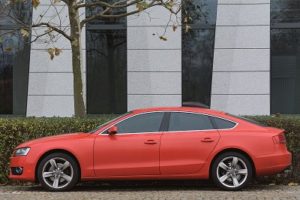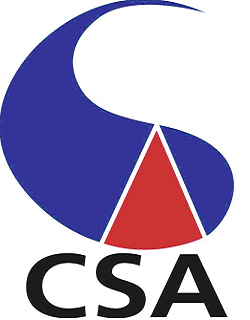Disclaimer
All references to tax and GST and their respective implications/advantages are intended to be of a general nature only. You will need to consult with your accountant or financial advisor as to how it may impact on you and your business.
Full doc v Low doc
With the exception of a novated lease and a consumer loan, the below loan products can also be offered as a low doc or “no financials” option subject to lenders credit criteria. This criteria normally stipulates:
- ABN registered for more than 2 years and GST registered also 2 years
- No adverse credit history
- Property ownership (whether outright or mortgaged)
- All ATO payments up to date and no arrangements in place
- New or late model goods normally being bought through a licensed dealer (some lenders will also allow private sales)
- Maximum amount $150k
Advantages of a low doc (no financials) loan.
- No tax returns or accountant prepared financials required
- Less overall paperwork
- Quicker approval times (as lenders don’t need to analyze financial data)
- In some cases, better rates (as normally only less riskier business profiles qualify)

Chattel Mortgage
A chattel mortgage (CM) is a commercial loan product which is geared towards assets of a business use nature. In short, the lender loans you the funds to buy the particular chattel (asset) and takes security for the loan by way of a mortgage over the asset. You are the legal owner of the asset from day one however the lender will only release its security/mortgage over that asset once you have paid them back the loan in full.
Chattel Mortgages normally are set over terms of 1-5 years and may be structured as fully amortised loans or with a balloon (lump sum) payment at the end. This lump sum payment has the effect of reducing the monthly payments during the term but also adds to the overall interest you will pay on the loan.
For most ABN holders (who are registered for GST), the GST component is normally claimed back in full on the next BAS as opposed to over the term of the loan. Tax deductions are in the form of depreciation on the asset and the interest component of the loan.
Hire Purchase
Also known as Commercial Hire Purchase or Corporate Hire Purchase (CHP)
A commercial (business use) finance product where the lender purchases the asset on your behalf and hires them back to you for a fixed amount each month. The lender is technically the owner of the goods until you have made all the repayments due under the contract.
As with chattel mortgages above the terms are normally 1-5 years and may include a balloon payment or be fully amortised over the term. Likewise, tax deductions are in the form of depreciation on the asset and the interest component of the loan.
GST on the purchase may be claimed up front on the next BAS however there is also GST payable on the interest component of each loan repayment and this can be claimed on each quarterly BAS throughout the term of the loan.
Lease
A lease is a commercial finance product where the financier effectively is the owner of the vehicle/asset and rents it to you for a fixed amount each month. They retain ownership of the goods and at the end of the term you may offer to purchase the goods from them for the residual value that was set at the start of the lease.
Terms of the lease agreement are normally between 12 and 60 months. Residual values are set within the ATO’s residual guidelines. These guidelines are set by the ATO as to reflect the assets estimated value at the end of the term. (eg. for a car the guidelines are a residual of 46.88% of the cost price of the car over a 36 month term)
Tax deductions would normally be in the form of the rental payments each month. GST is payable on each monthly rental and may be claimed each quarter on the BAS.
Novated Lease
A Novated Lease works in much the same way as a normal lease with the main difference being that the payments are “novated” to the employer by way of a novation agreement. The employee will have an internal agreement for salary packaging with the employer. If an employee decides to leave that employer, the novation part of the lease agreement would cease and the employee can continue on with the lease and to make the rental payments and hold onto the vehicle. Or a new novation agreement may be struck up with the next employer.
This method is usually used by employees who use their own motor vehicle for business use and who’s employer has agreed to a salary sacrifice arrangement which allows for a novated lease to be in place.
As with normal leases, they are regulated by the ATO with regards to residual values and the lender still retains ownership till all lease payments are made and the residual paid out.
Consumer Loans
These loans are for assets such as vehicles, motorbikes, caravans and marine craft that are being bought for personal (non-business) use. They are normally only secured by the asset being financed itself.
Being for personal use there is not normally any tax or GST advantages, however, once again please speak to your accountant if you are using the asset for the occasional business trip etc.
Terms are usually between 12 and 84 months and are normally but not always fully amortised (ie. no balloon or lump sum payment at the end).

NB: CSA Financial Solutions does not facilitate consumer loans for whitegoods or household items such as furniture, flooring and the like. Nor do we accommodate personal loans, credit card, or buy now pay later facilities.
